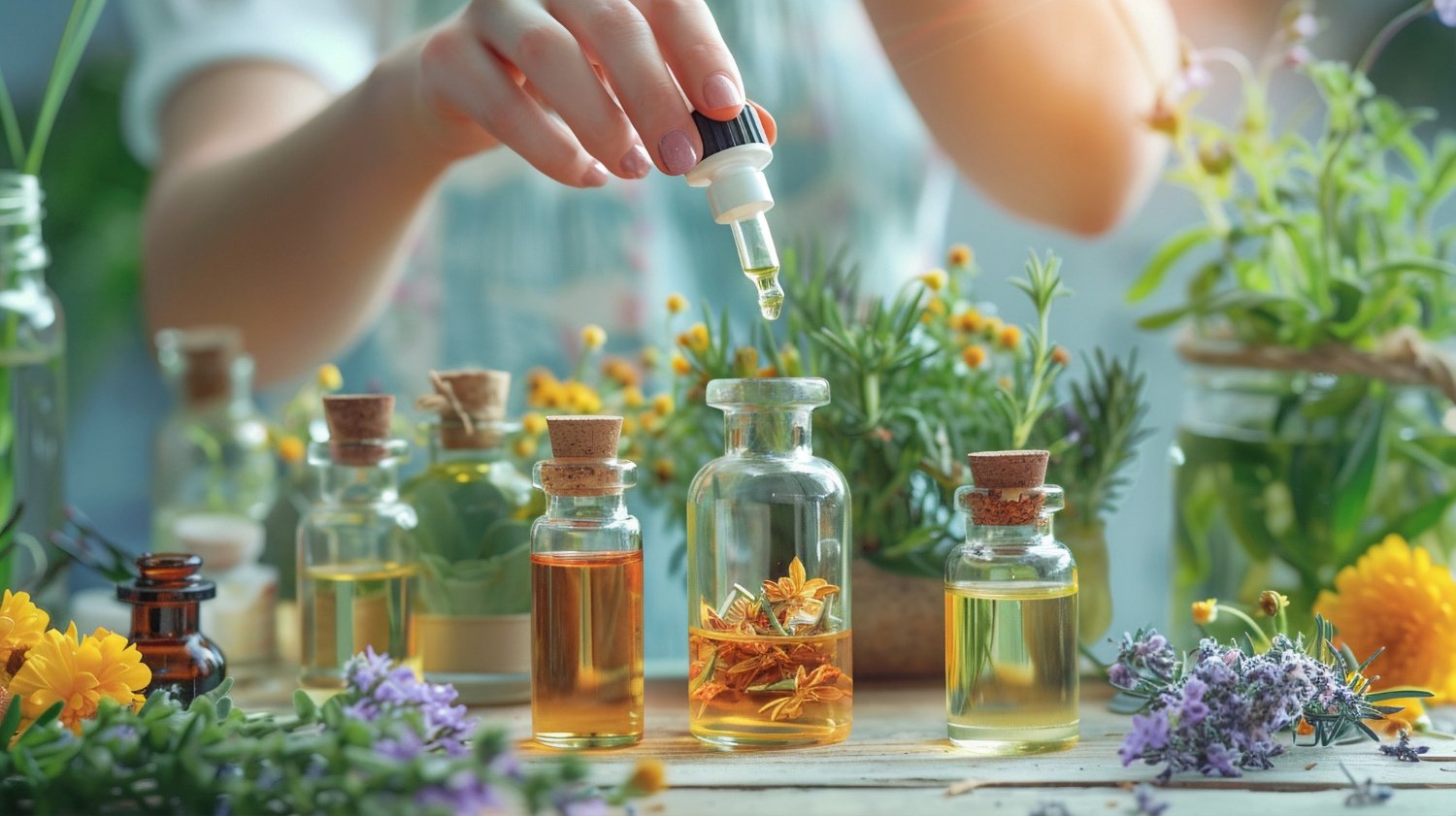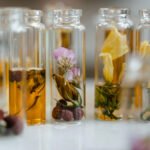How to buy natural skincare
If you are considering choosing natural skincare products, then you will know that the debate between chemically based skincare products and natural/organic ones is an old one. Some liken it to going to see a pharmacist/doctor if you have a mild flu, versus drinking a hot cup of tea, with some lemon and honey and having a hot bath (or a very long hot shower).
Understanding our skin
Chemical effects
Environmental and lifestyle factors
- Many people have become highly sensitive to chemical compounds, often unpronounceable ingredients, due to living and working in toxin-laden, polluted environments.
- Stress, hormones, and lifestyle choices make our skin more reactive to what we apply externally, as well as to what we consume and the thoughts we carry internally.
Skin biology versus synthetic formulations
- Human skin wasn’t designed in a laboratory; its biological makeup is vastly different from synthetic formulations created in test tubes.
- Many skin conditions remain untreated because the skin’s delicate pH balance is difficult to replicate or maintain artificially.
Effects of chemical skincare
- Chemically based skincare (for example, steroids) may provide quick relief but rarely work effectively in the long term.
- Harsh synthetic chemicals, parabens, and artificial fragrances can trigger allergic reactions or skin sensitivities.
- Pores can become clogged by chemically based skincare products.
Aging and skin health
- Free radicals (molecules produced in our bodies from normal processes like metabolism or external factors like pollution or UV rays) can cause premature aging.
What to look for in natural skincare
Natural and/or organic skincare works differently, where “less” becomes “much more”.
Often, we have clients who ask us: “but which one is best for me? Should I go for this one, or for that one?”. The answer we always give, if we are not discussing about specific health issues is this: “your skin will tell you”.
And yes, our skin does a lot of talking if we only took the time to listen to it… we buy with our eyes, then with our smell. But what if we couldn’t see or, like some, couldn’t smell? How would we choose a skincare product? We would choose it by how it feels … and that should be our first guide when we have no other indication/direction with regard to therapeutical indications of the product in question.
Not all plants are suitable for everyone, just as not every oil is suitable for everyone. For instance, there are skin-drying (sebum-minimising) oils which, if used in “all skin types” products, can cause dry skin. Those oils – like the ones in our “Decadence” – are only suitable for people with combination skin or breakouts, they would never be suitable for someone with sensitive skin.
Select your skin type below and see our matching oils
Find Your Perfect Oil
Select your skin type or concern and discover the ideal oil blend crafted for your skin’s needs.
Explore by Product
Choose one of our body or face oils and see the skin concerns it’s designed to support.
When looking for natural skincare products it is important to know that “dermatologically tested” does not mean “tested on animals”, but tested on a random group of people, selected by an independent laboratory, using the product on their skin (“patch test”) twice a day, for a period of 12-14 days. If no reactions are reported, then the laboratory issues the “dermatological test certificate”. Everything is strictly controlled and independently handled. No cosmetic manufacturer can ever run their own “safety tests” or “dermatological tests”.
Natural and organic should not, and cannot, ever be “unregulated”.
Essential oils – what you didn’t know
Did you know that essential oils are what makes a skincare product smell nice?
Ever since we launched Leon Luxury and have been on roadshows across the UK, and overseas training our international retail partners, without exception, everyone picked up our Face and Eyes Elixirs to smell them. Without fail. And when they told us that they do not smell or smell very faintly, we smiled and simply replied: “by law, we cannot use essential oils for the eye area”.
There was an expression of shock and disbelief on the faces of many as, as a consumer/customer, “smell” is an indicator of whether we buy a product or not. But that “smell”, especially when it comes from essential oils or, even worse, fragrance oils, is very harmful for our eyes and the area around them.
Essential oil facts
Benefits for skin and mind
- Many essential oils have anti-inflammatory, antibacterial, and antifungal properties, making them useful in targeted skincare.
- Some essential oils are known for their calming and soothing effects on both the skin and the mind.
- Natural aromatic compounds can enhance the sensory experience of a skincare routine.
Safe use and precautions
- Essential oils are highly concentrated and should always be diluted in a carrier oil before being applied to the skin.
- Not all oils are safe for everyone, some can trigger sensitivities or allergic reactions.
- Certain areas of the body (such as the eye area) should not be exposed to essential oils at all
Checklist for buying safe, natural skincare products
Before you purchase ANY natural product, of any kind, from any supplier, make sure it has:
- A batch number
- A manufacturer’s address and contact details on the label
- A little box with a figure in it (6, 12, 48). This represents the number of months, assured by the manufacturer, that the product will be good for after opening it.
- That it has all the ingredients mentioned on the label, in Latin, either in alphabetical order or, if you realise they are not alphabetically, that means that the first component mentioned is the one present in the highest percentage. And on this, did you know that the first ingredient in the majority of non-natural/non-organic products is “aqua”? As in “water”?
- If you buy from a stall/crafter/small trader, ask to see the Safety Certificate of that product, or the Dermatological Test of the product (if mentioned “dermatologically tested”) or, if the company/person selling them lives in the UK, ask them to show you the product’s registration with the Office for Product Standard and Safety.
Choosing natural skincare doesn’t have to be confusing. Start with products that respect your skin’s biology, avoid harsh chemicals, and always check for proper testing and certification. Your skin, and the planet, will thank you. View our range of products here.



